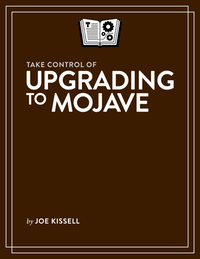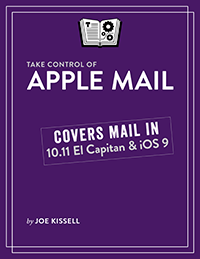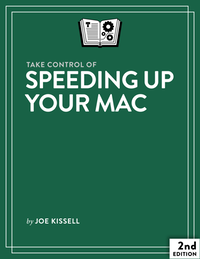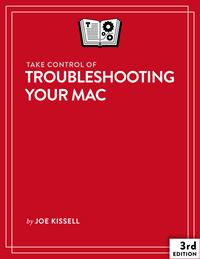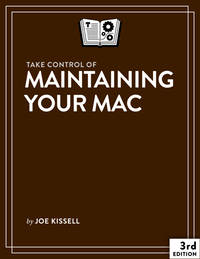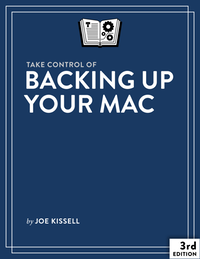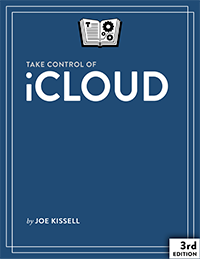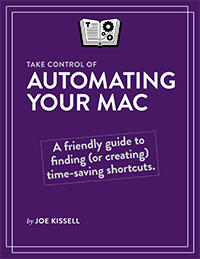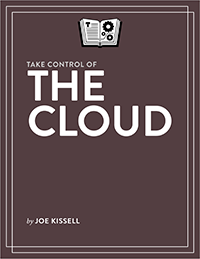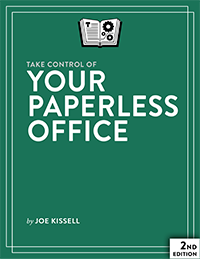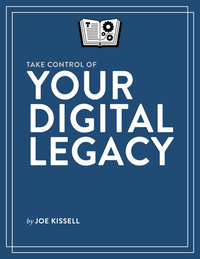The Joe On Tech Manifesto
Everyone has heard Arthur C. Clarke’s oft-cited Third Law of Prediction: “Any sufficiently advanced technology is indistinguishable from magic.” He was talking about the future—saying that tomorrow’s technology would seem like magic today, just as today’s technology would have seemed like magic a century ago.
That’s a fair observation, but it’s often bent out of context. Perhaps you’ve also heard of Dr. Barry Gehm’s Corollary to Clarke’s Third Law: “Any technology distinguishable from magic is insufficiently advanced.” That may sound like a clever way to complain about gadgets that don’t work the way we expect them to, but it misses Clarke’s point. Current technology isn’t supposed to be indistinguishable from magic.
Beyond Magical Thinking
Books, TV shows, movies, and advertising have trained us to think that if a gadget can’t understand our intentions and operate flawlessly under any condition, then technology has failed us. Such thinking can only lead to disappointment. Sure, sometimes technology feels magical, but the magic disappears with the next app crash or network outage. By the time most of the bugs are worked out, today’s tech will simply feel normal, while the almost-magical tech of the near future will annoy us with its greater imperfections.
People create technology to solve problems, simplify complex tasks, and reduce effort. Some of that technology then gets packaged as objects you can buy, and that’s how most people seem to use the word “technology” today—in its extended sense of gadgets (most often electronic devices) that employ technology of various kinds. That’s terrific, to the extent that the gadget (or app or cloud service or whatever) aligns with your needs.
But a side effect of this endless proliferation of ready-made technology is that many people have come to feel that their only relationship to technology is as consumers. We expect other people to make tools and devices that perfectly solve our problems, and our only obligation is to buy them. If the technology we can buy doesn’t meet our needs effectively, we throw up our hands and say, “I don’t get technology!” or “Technology doesn’t get me!”
Meeting Technology Halfway
It doesn’t have to be like that. If you need fire, then it’s fantastically useful to have a lighter or a match. Those are excellent technologies, but not having the ideal tech shouldn’t stop you from rubbing sticks together. Of course it’s more difficult and less convenient to make fire that way, but the method isn’t nearly as important as the outcome.
My point is: whether we’re talking about a flaky Wi-Fi router, an app that formats your text all wrong, or a bike chain that keeps slipping, you shouldn’t expect magic—but you also don’t have to settle for endless frustration. You can meet technology halfway—for example, by:
- changing your thinking or habits to better align with the technology you have
- altering the tech, or combining it with other tools, to meet your needs better
- talking to whoever created the technology to explain your problem and ask for their help
- creating your own technology (yes, really!)
All these things require both learning and active participation. You don’t have to turn into a tech geek or get an engineering degree. You don’t have to spend your evenings and weekends poring over instruction manuals and typing inscrutable codes. There’s nothing wrong with any of those things if they’re your idea of fun (and you have time to spare), but even people who profess no technical expertise or aptitude can be more than consumers.
What This Site is About
I created Joe On Tech to help you improve your relationship with technology. This site will include “how-to” and “how-this-works” explanations, editorials, and tech self-help advice. Later on, I plan to offer a podcast, ebooks, videos, and other helpful sources of information. Joe On Tech is for people who don’t consider themselves tech geeks. It’s for smart people who aren’t technology experts but who like to learn.
If you’re looking for an endless stream of hot news about the latest gadgets and startups, rumors and speculation about upcoming products, or quick-fix solutions to random tech problems, Joe On Tech is not the site for you. I may occasionally cover news items or review products, but I’m not obsessed with shiny new objects and industry intrigues. I’m more interested in helping people live better lives by thinking about technology in a new way.
But technology also includes papyrus, bottle openers, and martial arts. There’s technology in fishing, gardening, meditation, and stand-up comedy.
I’ve written over 50 books about technology, many of them focusing on Apple products, and my fondness for Apple gear will certainly be evident on this site, too. But technology goes way beyond Apple, and so will this site. My goal is to explore technology in its broadest sense, which is the way we do things—the techniques and tools people create in order to solve problems. Sometimes that means a specific product, like a Mac or iPhone, or a broader category, like antilock brakes or paper shredders. But technology also includes papyrus, bottle openers, and martial arts. There’s technology in fishing, gardening, meditation, and stand-up comedy. It’s not just about gadgets, or just about new things. It’s about the ways humans interact with the world, and any form of technology is fair game for this site.
As time goes on, you’ll notice some recurring themes. I’ll attempt to ask (and answer) questions like:
- Why should you care about a given technology?
- How might this tech directly affect your life? What need will it meet?
- What practical steps can you take to use this information?
- What don’t you need to know?
- WWJD (What Would Joe Do)? If I have an expert opinion, I’ll offer it.
Technology is all about discovering better ways to do things. You need only a willingness to learn, experiment, and have fun. That’s what I plan to do on this site. I hope you’ll join me.



